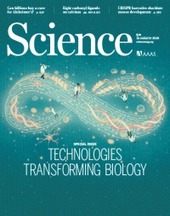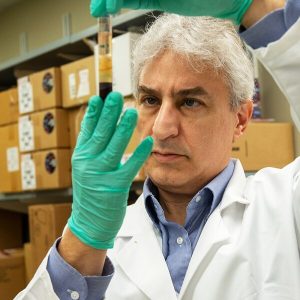CRISPR, the genome-editing tool, introduced a mutation in a dog gene that, in effect, overrode a mutation responsible for a disease that mimics Duchenne muscular dystrophy (DMD). As a result, muscle cells in the dogs began to produce the dystrophin protein in many tissues, including the diaphragm and the heart. Although a similar study worked in mice, this is the first time researchers have reported success in a large animal model with this strategy. Some 300,000 boys around the world suffer from the crippling disease, which leads to respiratory and heart failure at a young age. The new study, reported online in this week’s issue of Science, only involved four dogs and only followed the animals for 2 months, so longer and more thorough experiments must take place before human trials begin. But given that the only marketed treatment for DMD has limited effect, there’s great hope that this novel intervention will live up to its promise.
Lire la suite: science.sciencemag.org







